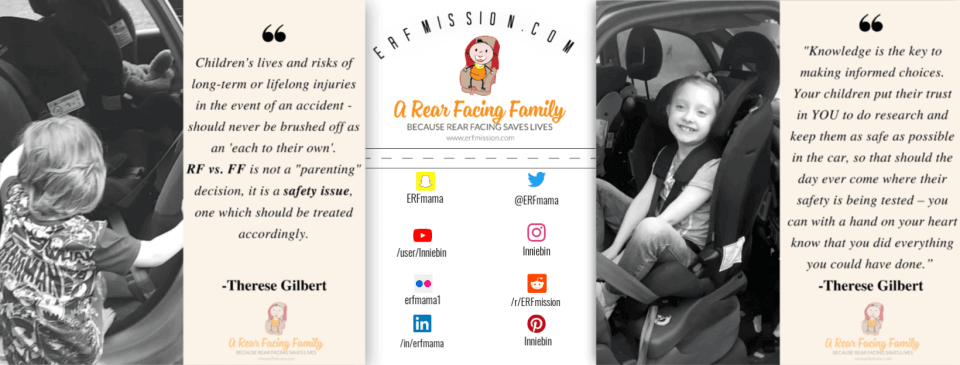Driving has the potential to be a completely lifechanging skill and option, almost irrespective of whatever your current circumstances are in life.
When you have the freedom to drive yourself around under your own steam and at your own leisure, commuting to jobs further afield suddenly becomes far easier, day trips become infinitely more viable, and you simply become a lot more autonomous and self-contained in a variety of ways.
Whether you are already an established driver, though, or are only now looking up used cars in order to make your first automobile purchase, you’re likely very well aware of the fact that driving can be an extraordinarily dangerous thing to do, too.
There are many things that you could do that might help you to become a safer driver. Here are a few very straightforward tips that can serve as a good reminder.
Treat exhausted driving the same as you would drunk driving – don’t do it
According to the sleep researcher Matthew Walker, driving when sleep deprived is every bit as dangerous and irresponsible driving when drunk.
In fact, he goes further than that and argues that driving when very sleep deprived is actually more dangerous than driving when drunk. Why? Because when people drive drunk, their judgement and reaction times are severely impaired and slowed. But when someone drives while very sleep deprived, there’s a real danger that they will fall asleep at the wheel – in which case they will have absolutely no judgement or reaction at all.
This situation is more common than you might think, too. Some of the most harrowing and terrible accidents to have gained public attention in recent times have had to do with people who have dozed off at the wheel after pulling an all-nighter.
Easily one of the best and most effective things you can do in order to make yourself a safer driver is to simply not get behind the wheel if you’re exhausted.
Stay in practice, and if you haven’t driven for a long time, consider refresher courses
One situation that affects quite a lot of people annually involves that awkward moment when someone with a valid driver’s license but who hasn’t driven for an extended period of time – may be even a number of years – hops into a car and tries to take off.
Driving safely has a lot to do with muscle memory, and practised recognition skills and reflexes. And these things all deteriorate significantly when left unused over time.
Even if you don’t have much reason to drive around on a daily basis, make a point of taking the car at least a couple of times a week. And if you haven’t driven for a long time, consider refresher courses before hopping back behind the wheel for a family road trip.
Resist pressure from other drivers to act hastily, or in ways, you’re not comfortable with
If you encounter a driver on the road who is hooting at you, tailgating you, and is otherwise behaving badly, it’s natural that you will experience a heightened sense of anxiety, and will feel pressured to speed up, or else act hastily in ways that you’re not comfortable with.
As long as you are driving responsibly by your own standards, and are abiding by the traffic laws, however, resist that pressure – and avoid the temptation to get involved in competitive driving, or altercations on the road.
It won’t do you any good if you have an accident because you were nervous about irritating another driver who had a bad attitude.
Therese has completed the ‘Advanced Child Car Seat Training Course’ at TRL (Transport Research Lab) and is a CPD accredited car seat expert. She blogs about in-car safety, car seats, tips, reviews, giveaways and advice. She’s a mum on a mission to change the law and raise awareness. She is also a breastfeeding advocate and gentle parenting promoter who loves cloth nappies, baby-wearing, BLW and co-sleeping/bed-sharing.
